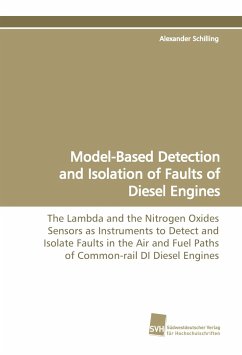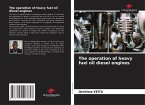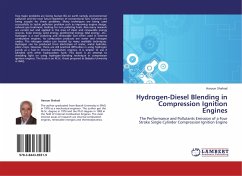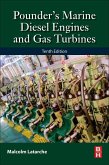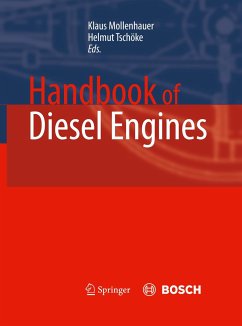The increasingly stringent limitations on emission levels imply more narrow tolerances of operations, such that diesel engines have to be continuously monitored in order to ensure the optimality of the operating conditions. For this purpose, the knowledge of the engine outputs is a fundamental prerequisite. This knowledge could be gained either with real sensors or with virtual ones, i.e., with real-time mathematical models. Currently, the only engine-output sensors commercially available are those for measuring Lambda and the NOx concentration level. The aim of this work is thus to explore the possibilities given by the aforementioned engine- output sensors for the detection and isolation of faults in the air and fuel paths of diesel engines. To achieve this objective a model-based strategy is pursued. First, a mathematical model of the engine is developed. Successively, control-oriented models for the real-time computation of the Lambda value and the NOx concentration are derived from the detailed combustion model. Finally, on the basis of the control-oriented models developed, the fault detection and isolation system is realized.
